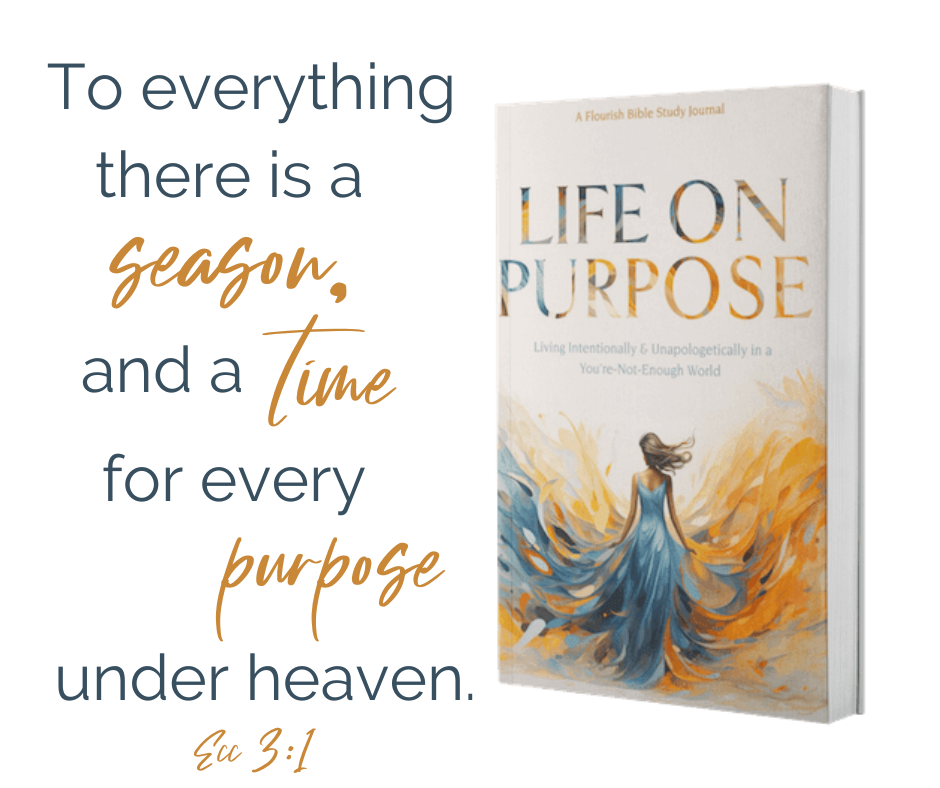Who wants to be weak? Really, would anyone choose weakness? Most people I know want to be strong.
How do we reply to a child showing us his or her muscles? “Ooh, you’re so strong,” or “Oh my, honey, look how weak you are.” Which comment is more likely to draw a smile from the child?
When I reflect on my desire for strength in life, I notice that much of my first three decades were focused on acquiring strength. My family and culture encouraged that goal too.
I demanded equality as a woman. I told myself that I could do whatever I wanted. I could achieve anything. My personal power was carefully cultivated throughout my youth and young adulthood.
But in my late thirties, something began to shift. I came across strange passages in scripture that caused me to question my love affair with strength. God’s Word seemed to espouse the benefits of weakness. I read with incredulity Paul’s self-revelation in 2 Corinthians 12:9-10:
“I will boast all the more gladly in my weaknesses, so that the power of Christ may rest on me. That is why, for the sake of Christ, I delight in weaknesses, in insults, inhardships, in persecutions, in difficulties. For when I am weak, then I am strong.” (NIV)
I began to perceive the upside down kingdom of God that functions on opposite principles to the world. The counter intuitive advice found in Jesus’ example of humility began to challenge my orientation of self-sufficiency, self-confidence, self-promotion…self-everything!
I remember one day, wailing on the phone to my mother, “I’ve had it all wrong! I have so much strength to dismantle before God can have free reign in my life!”
FYI, here’s a hint about the subtext in the above statement. It had to be revised, for I’m not strong enough to dismantle my strength — only God can do that. My effort was and is to press into Him and hope to decrease that He might increase (John 3:30).
I used to read the Beatitudes in Luke 6 and just not quite get it. How could those impoverished and lowly conditions be desirable? Jesus espoused the benefits of poverty, hunger, sorrow, and rejection, then in the next breath He encourages us to, “rejoice in that day and leap for joy, because great is your reward in heaven.” Luke 6:23 (NIV)
Rejoice when I’ve got no cash and my stomach is empty?! Leap for joy when my face is tear-stained and everyone thinks I’m trash?! You’ve got to be kidding! That simply does not make sense. I have worked tirelessly my life long to avoid all of these conditions.
Then I was reading along in Isaiah one day, and saw something even more disturbing. As if the Beatitudes was not shocking enough, here was a description of Jesus that I was not expecting, “. . . He had no beauty or majesty to attract us to him, nothing in his appearance that we should desire him. He was despised and rejected by mankind, a man of suffering, and familiar with pain. Like one from whom people hide their faces he was despised, and we held him in low esteem.” Isaiah 53:2-3

It is quite possible that I would not make a very good God. My humanity is ever present and all consuming. It’s right there in Samuel 16:7, “People look at the outward appearance, but the LORD looks at the heart.” (NIV)
Speaking of Saul…. He sounds more like my kind of guy, “Saul was the most handsome man in Israel–head and shoulders taller than anyone else in the land.” 1 Samuel 9:2 (NIV) Now, who should be our role model? I lived my life aspiring more to be like handsome, powerful King Saul than unattractive, humble Jesus. Ouch!
All of this revelation challenged my assumptions about the woman in Proverbs 31. I originally thought she was laughing at the days to come because she had worked so hard to equip herself with strength and dignity. A godly Wonder Woman.
Because I wanted to be invincible, I spent a lifetime cultivating my strength so that I would be assured of having laughter, but instead, I had created thick, strong, impenetrable walls around my stony heart in order to protect myself. It did not feel at all Wonderful, nor did the people around me (my husband added that comment when he read this for me).
I learned the hard way that self-crafted strength always creates a prison. I am not God who can build strength through weakness, joy through sorrow, or nourishment through hunger.
My own strength is a dreadful burden. It does not create the life that I desire. Only God’s strength can do that.
When the Lord began to dismantle my soulish toughness, and invited me to trade it in for a strength of spirit, I responded with regret at the years I had spent straining against the reigns, exerting my brawn. I had to be humbled, to throw myself at the foot of the cross and repent. I had to see how pitiful my Mindy strength is compared to His powerful love.
In the midst of my repentance, I had an identity crisis. How could I learn to delight in weakness like Paul did? Was my fundamental personality supposed to change?
My prayer to Father, “God, help me! I don’t know how to navigate my world without this brand of strength. It seems to be woven into the very fabric of who You made me to be, and yet I see also how it has imprisoned me.”
In answer to my prayer, as I was reading along in the Message version of the Bible, this small verse describing John the Baptist as a child jumped off the page and hit me between the eyes, “The child grew up, healthy and spirited.” Luke 1:80 (MSG)
Oh my goodness, I always knew I was spirited, but I thought it was bad. All at once, God restored goodness to the way He designed me. He honored my strength of spirit that had finally become surrendered to Him.
Let Him craft you into that spirited yet tender woman who finds her strength in His delight, unleashed to be a girl who knows unbridled joy.
May you laugh when your heart bubbles over with the freedom and exuberance that surrender to Him releases within your heart.
If you are in the midst of difficult circumstances, and laughter seems improbable right now, instead I pray that you have the grace to allow His gentle comfort to come in and wrap itself around your whole being. I believe that tears will turn to joy as you press into His goodness and love.


